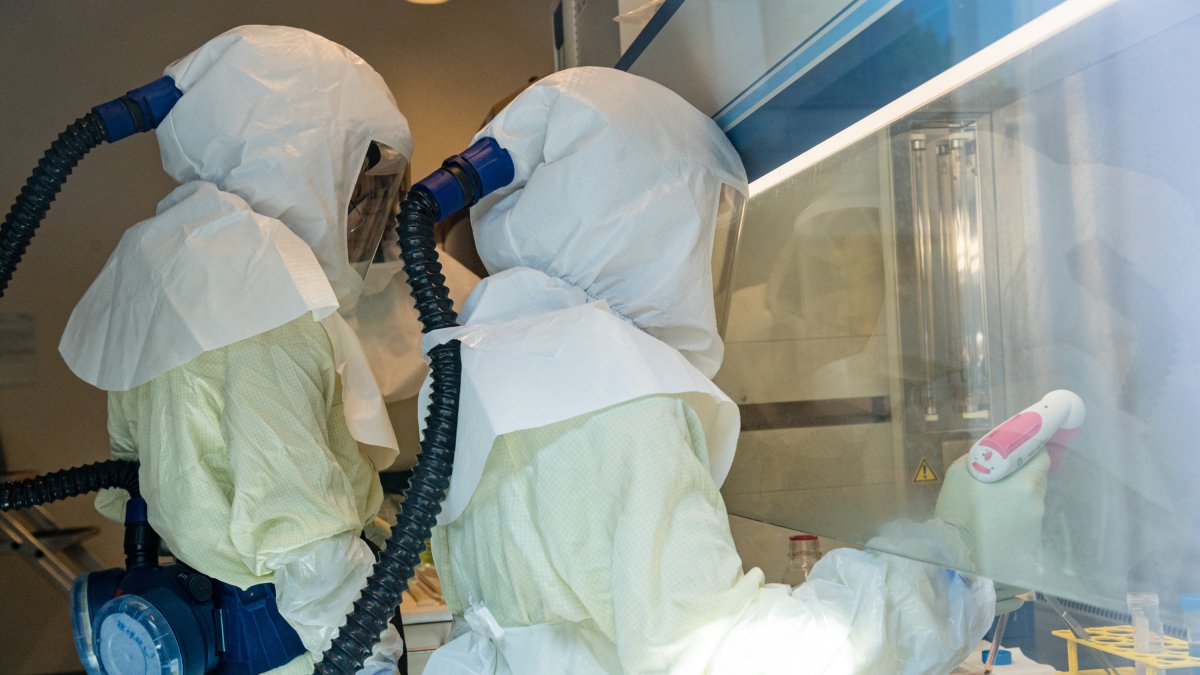New SCP-Nano technology allows observation of how messenger RNAs travel in the body
The new observation method showed that lipid nanoparticles that were inoculated into a rat came to accumulate at points where they were not intended to.

A research laboratory in Germany
German researchers from Helmholtz Munich, Ludwig Maximilian University (LMU) and the Technical University of Munich (TUM) have developed a new technology and analysis method that makes it possible to visualize the distribution of nanotransporters such as DNA nanoparticles and lipid nanoparticles in a living organism.
The trials of this method, SCP-nano, were conducted on laboratory rats, and it was clearly observed how injected agents reached parts of their bodies that were previously unanticipated or unknown to be accessible.
This technology offers sufficient sensitivity to detect doses as low as 0.0005 mg/kg, providing detailed information on the biodistribution of these nanocarriers. Through some images, the researchers have shown how PCS-nano can provide images that can be easily analyzed by experts.
In its practical application, the SCP-nano has shown that the behavior of RNA messengers is not entirely as expected. In a popular science paper published in the Nature journal, the researchers discuss unexpected effects on the in vivo distribution of lipid nanoparticles (LNPs) and adeno-associated viruses (AAVs), which could have significant implications for the delivery of gene therapies and messenger RNA treatments.
mRNA and COVID
As explained by one of the studies lead researchers, the findings show that the SARS-CoV-2 spike protein accumulates and persists in the body for years after infection, especially in the cranio-meninges-brain axis, which could lead to prolonged covid.

























